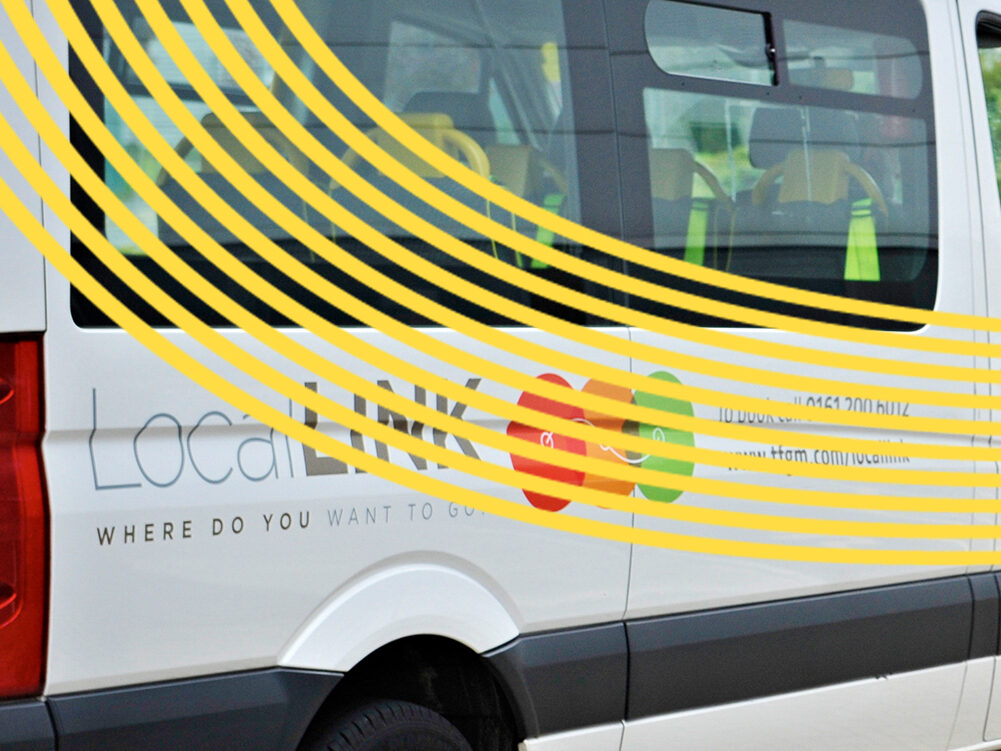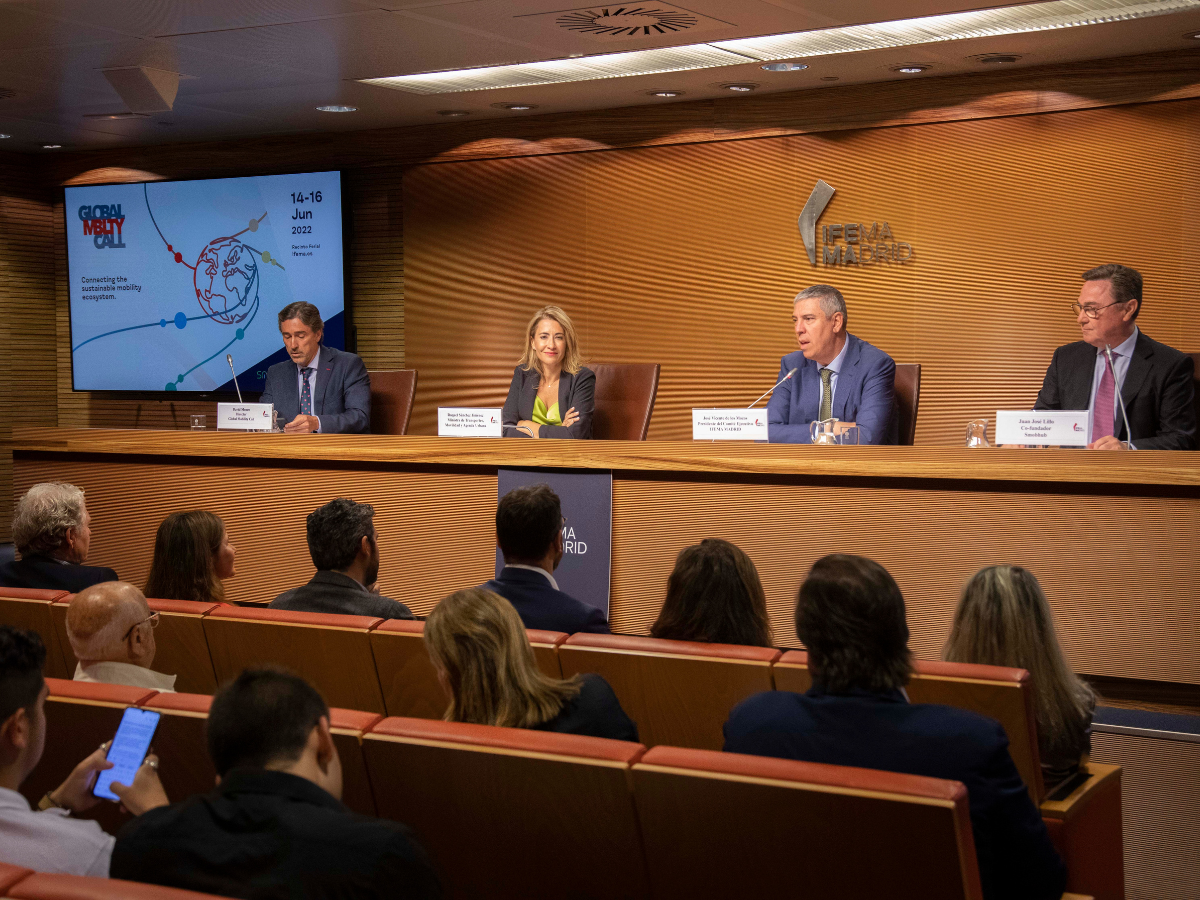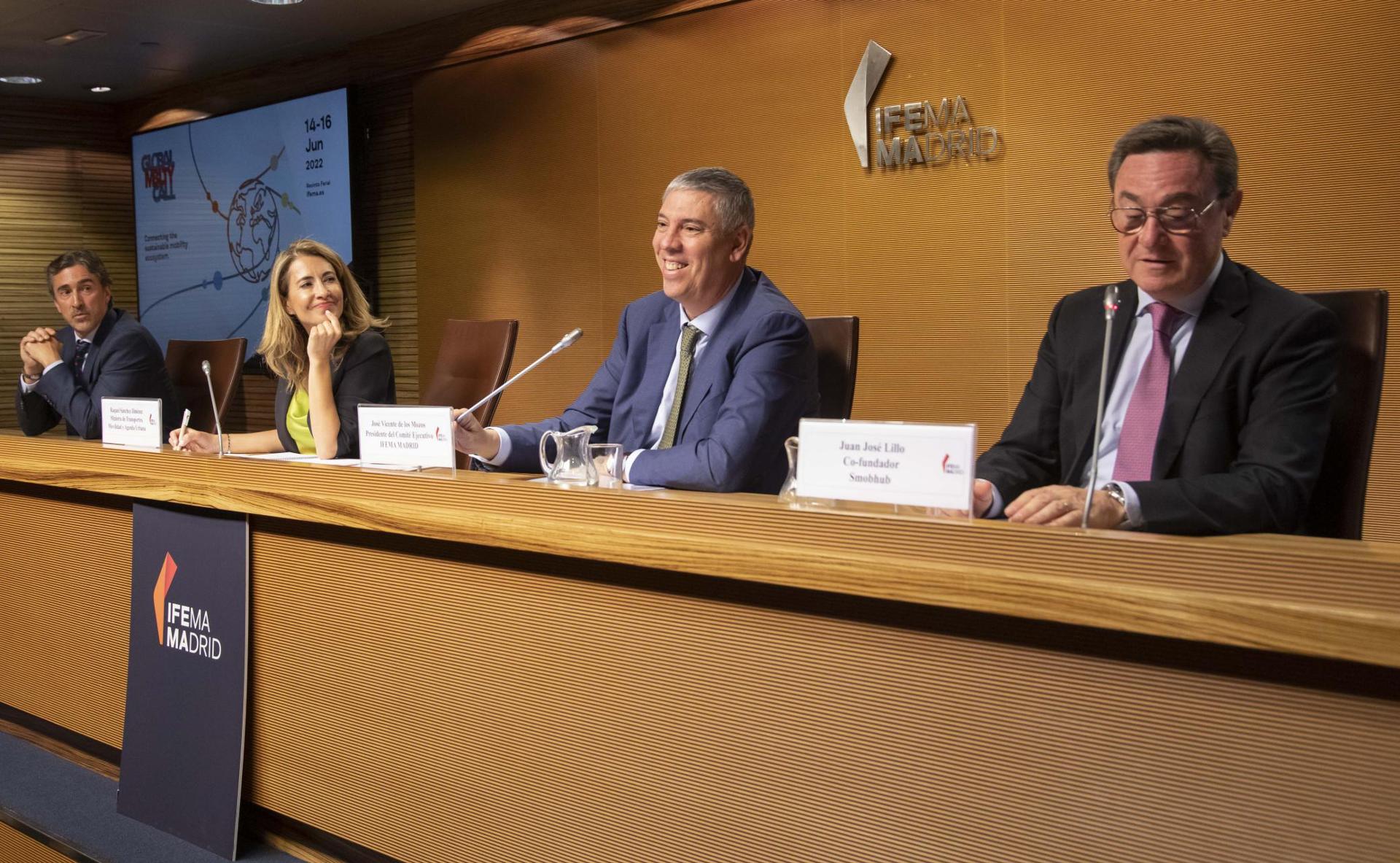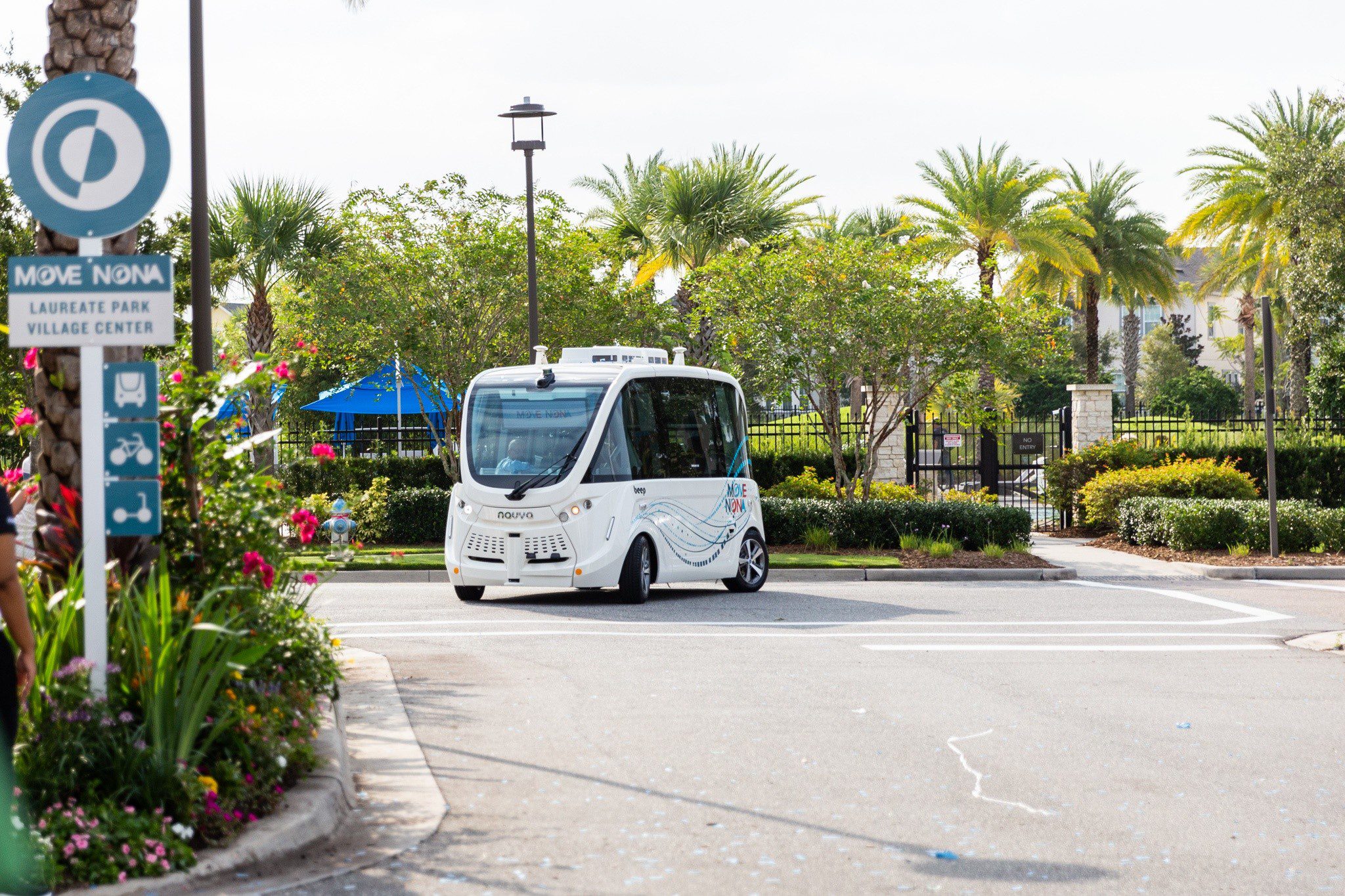The first edition of Global Mobility Call addressed the role of mobility as a service (MaaS) in creating a sustainable transport industry.
Global Mobility Call took place in Madrid from 14–16 June 2022, bringing together more than 4,500 on-site attendees and 13,000 online attendees to discuss the future of sustainable mobility. Alongside key themes such as digitalisation, urban planning and decarbonisation, the event addressed the need to implement intermodal and multimodal transport networks through MaaS applications.
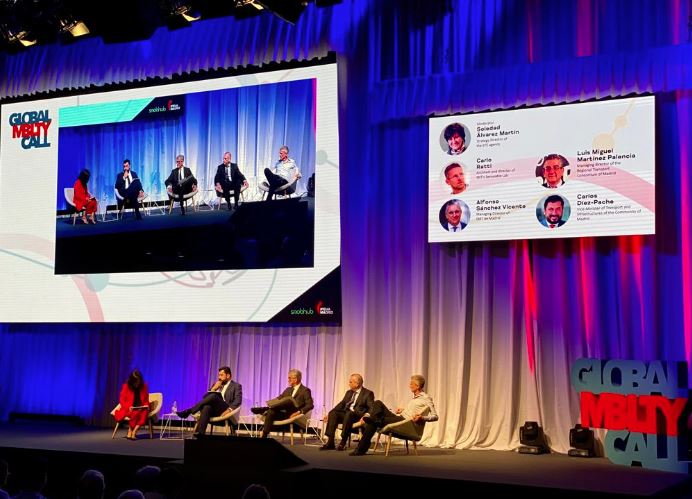
Madrid’s publicly owned transport operator, Empressa Municipal de Transportes de Madrid (EMT Madrid) launched the Madrid Mobility 360 smartphone app in December 2021, allowing users to explore and book multimodal journeys that incorporate public buses, the Metro, trains, bikes and e-scooters within one platform. The app also provides an estimate of the CO2 emissions generated from each journey and displays real-time air quality information.
Building upon the success of this platform, Alfonso Sánchez Vicente, Director of EMT Madrid, spoke at Global Mobility Call in a talk entitled “Promotion of sustainable and efficient public transport through public-private collaboration”. The talk emphasised a need for future public-private collaborations to expand the city’s integrated mobility network by incorporating private companies such as Bolt, Lime and Bird, all of whom operate in Madrid.
This initiative will soon be trialled in Brussels, where public transport operator, STIB is launching the MoveBrussels MaaS app in September 2022. The app will allow users to purchase tickets that cover both public transport options and shared vehicles operated by private companies. Bolt, which is taking part in this trial, stated that offering a single standardised app increased the accessibility and convenience of using alternative modes of transport and could therefore convert a greater number of people away from relying on private cars.
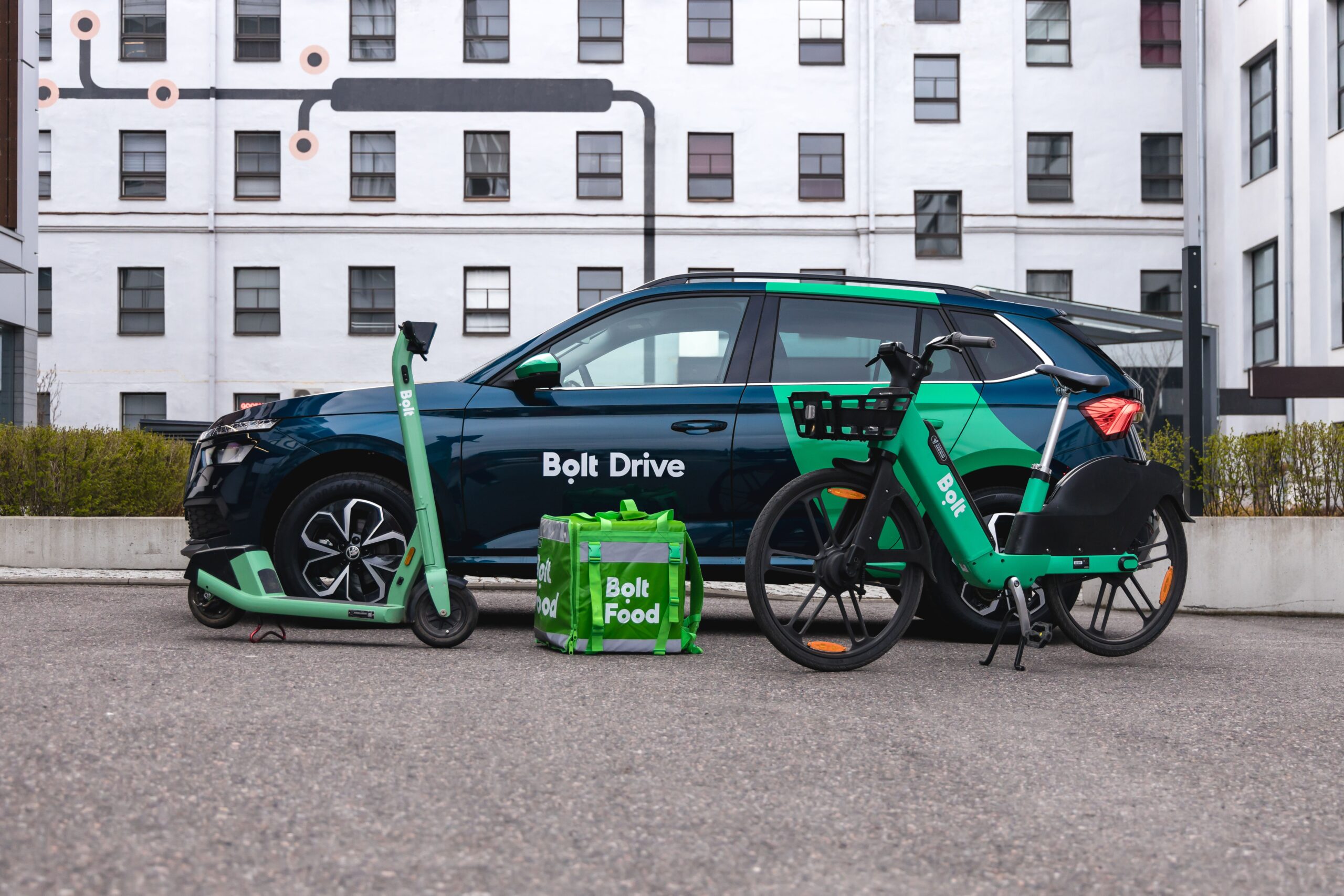
During the round table discussion “A new multimodal approach to transportation for a more citizen-centric mobility”, Sampo Hietanen, a pioneer of the MaaS concept and CEO of MaaS Global, emphasised that despite rising fuel costs, people remained reliant on private cars as they were motivated by convenience and independence rather than cost. Public and private companies therefore need to collaborate to mirror and exceed this ease through MaaS. Hietanen said he welcomed the growing number of MaaS initiatives throughout Europe, including Renfe’s upcoming Renfe-as-a-service platform that aims to better connect passengers to Spain’s railway network.
The reoccurring focus on MaaS throughout Global Mobility Call highlights the initiative’s potential for contributing towards the future of sustainable mobility. To enable this transformation, public and private companies arguably need to collaborate and share real-time data to determine the best ways to integrate services into a unified platform, while also increasing the number of intermodal hubs to make connections between different forms of transport easier.




